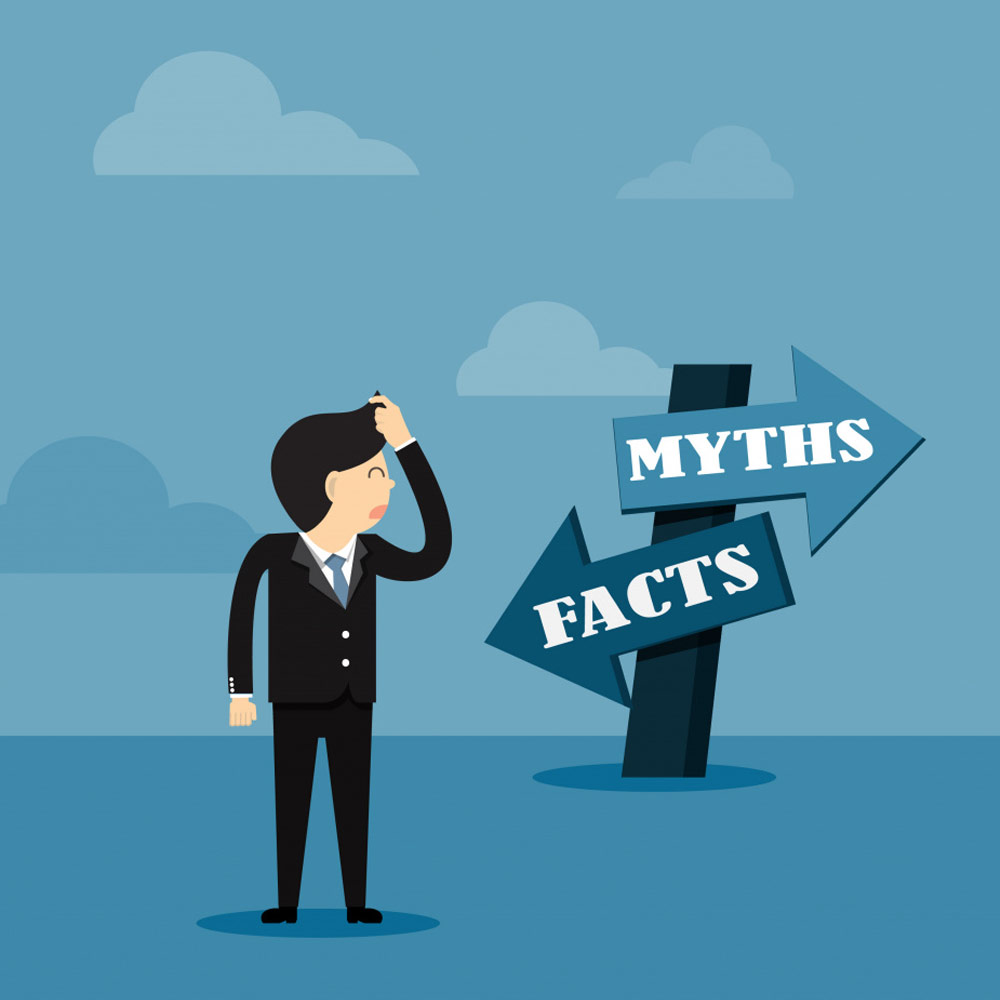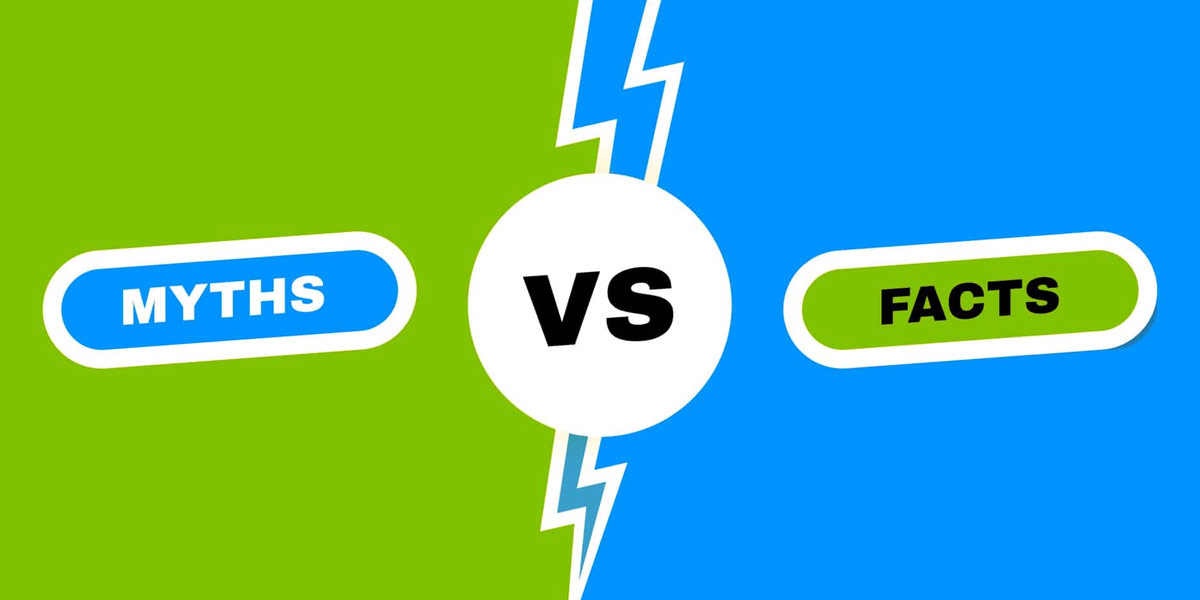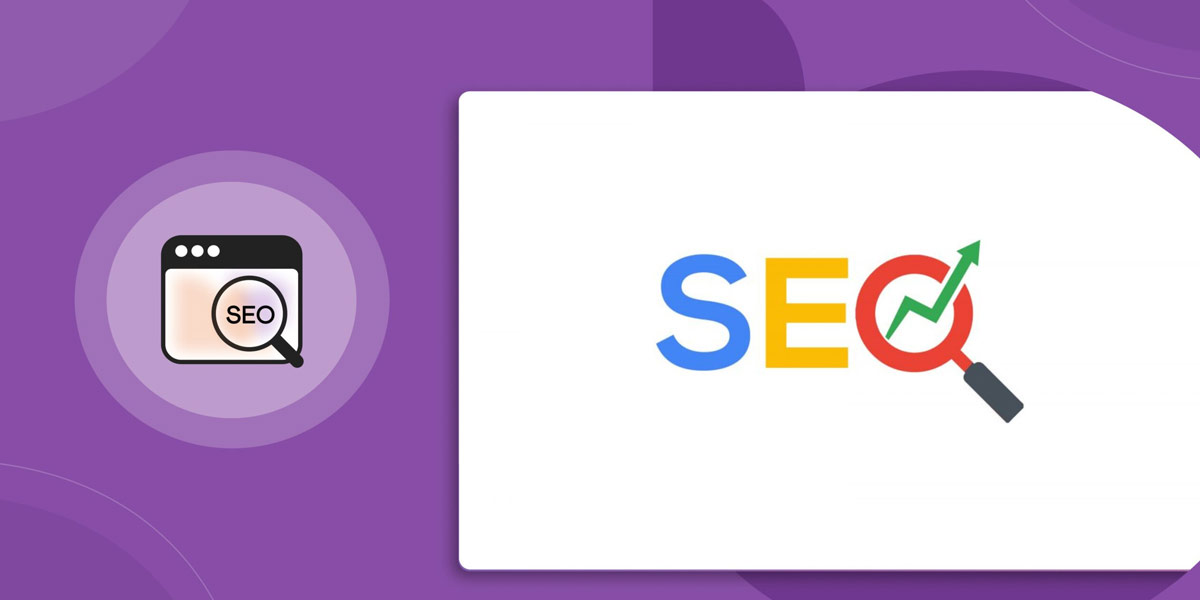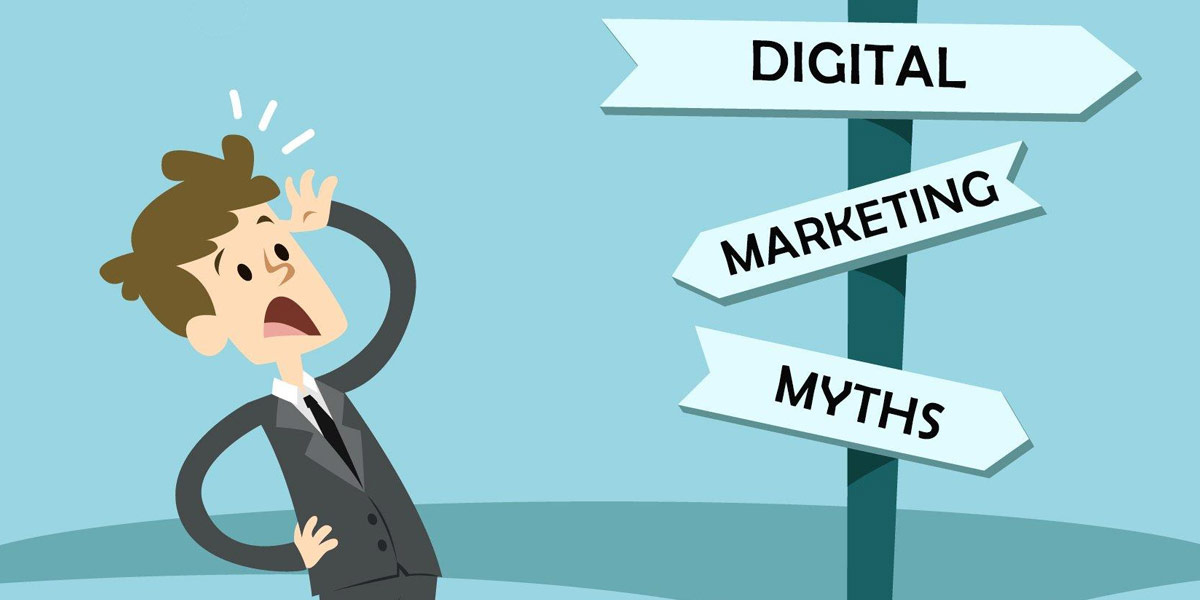Top 10 SEO Myths: Separating Fact from Fiction

Search Engine Optimization (SEO) is a constantly evolving field, with many myths and misconceptions circulating it. These myths can mislead businesses and website owners, leading to wasted time, resources, and ultimately, poor search rankings. In this article, we’ll take a deep dive into the top 10 SEO myths and explain why they are nothing more than mere myths.
SEO Myth #1: SEO is a one-time thing
Many people believe that SEO is a one-time task that can be done once and forgotten about. In reality, SEO requires ongoing effort and maintenance to keep up with the latest search engine algorithms and updates.
SEO involves a wide range of tasks, including keyword research, on-page optimization, content creation, link building, and monitoring analytics. These tasks must be regularly reviewed, updated, and tweaked to maintain or improve search rankings.

Top 10 SEO Myths: SEO is a one-time thing
SEO Myth #2: More keywords = better rankings
This is a common myth that has been around for years. While keywords are important for SEO, stuffing too many of them into your content can hurt your rankings. Google’s algorithm has become increasingly sophisticated, and it now penalizes websites that use keyword stuffing or other black-hat SEO tactics.
Instead of stuffing your content with keywords, focus on creating high-quality content that includes natural variations of your target keywords. Use keyword research tools to identify the right keywords to target, and optimize your content accordingly.
SEO Myth #3: Backlinks are the only important factor for SEO
Backlinks are important for SEO, but they are not the only factor that search engines consider when ranking websites. Google’s algorithm takes into account hundreds of different factors, including on-page optimization, content quality, user experience, and more.
While backlinks are still a crucial part of any SEO strategy, it’s important to focus on creating high-quality content that people want to link to naturally. You can also build backlinks through guest posting, influencer outreach, and other white-hat SEO tactics.

Top 10 SEO Myths: Backlinks are the only important factor for SEO
SEO Myth #4: SEO is only about ranking high
While ranking high in search results is important, it’s not the only goal of SEO. The ultimate goal of SEO is to drive targeted traffic to your website and convert those visitors into customers or leads.
To achieve this goal, you need to focus on creating high-quality content that resonates with your target audience. Use keyword research to identify the right topics to cover, and optimize your content for both search engines and human readers.
SEO Myth #5: Google will penalize you for duplicate content
Duplicate content is a common issue that many website owners face, but it’s not necessarily something that will get you penalized by Google. Google’s algorithm is designed to identify the source of content, and it will typically only penalize websites that engage in deliberate plagiarism or other black-hat SEO tactics.
That being said, duplicate content can still hurt your search rankings if it’s not handled correctly. Use canonical tags to indicate the source of content, and avoid using duplicate content on multiple pages of your website or across different websites.

Top 10 SEO Myths: Google will penalize you for duplicate content
SEO Myth #6: Social media doesn’t impact SEO
There’s a common misconception that social media doesn’t impact SEO. However, social media can indirectly influence search rankings by driving traffic to your website and increasing brand awareness.
When people share your content on social media, it can lead to more backlinks, which can help improve your search rankings. Additionally, social media profiles often rank highly in search results, which can help increase your online visibility.
SEO Myth #7: Meta tags are no longer relevant
Meta tags, such as meta descriptions and meta titles, are still relevant for SEO. While they may not directly impact search rankings, they can influence click-through rates and improve the user experience.
A well-written meta description can encourage people to click on your link in search results, even if you’re not the top-ranked result. This can help drive more traffic to your website and improve your overall search visibility.
SEO Myth #8: SEO is all about getting more traffic
While getting more traffic is certainly a goal of SEO, it’s not the only goal. The ultimate goal of SEO is to drive targeted traffic that is more likely to convert into leads or customers.
To achieve this goal, you need to focus on creating high-quality content that meets the needs of your target audience. Use keyword research to identify the right topics to cover, and optimize your content for both search engines and human readers.

Top 10 SEO Myths: SEO is all about getting more traffic
SEO Myth #9: PPC advertising helps with SEO
There’s a common belief that running pay-per-click (PPC) ads can improve your organic search rankings. While PPC advertising can undoubtedly drive traffic to your website, it has no direct impact on your search rankings.
However, PPC advertising can indirectly impact SEO by driving traffic to your website and increasing brand awareness. When people see your brand name in search results and on social media, they may be more likely to click on your organic search results.
SEO Myth #10: SEO is dead
Some people believe that SEO is dead or no longer relevant in today’s digital landscape. However, nothing could be further from the truth.
SEO is still a crucial part of any digital marketing strategy, and it’s only becoming more important as search engines become more sophisticated. While the tactics and strategies involved in SEO may change over time, the fundamental principles of SEO will remain relevant for years to come.

Top 10 SEO Myths: SEO is dead
Conclusion
In conclusion, SEO is a complex field that is often misunderstood. By dispelling these common myths and misconceptions, you can gain a better understanding of what SEO is and how it can help your business succeed online.
Remember that SEO is an ongoing process that requires regular attention and effort. By focusing on creating high-quality content and building natural backlinks, you can improve your search rankings and drive more targeted traffic to your website.
FAQs
How long does it take to see results from SEO?
It can take several months to see significant results from SEO. However, the timeline can vary depending on factors such as the competitiveness of your industry, the quality of your content, and the strength of your backlink profile.
Is it better to focus on on-page SEO or off-page SEO?
Both on-page and off-page SEO are important for improving search rankings. On-page SEO involves optimizing your website’s content, while off-page SEO involves building backlinks and social media signals.
Can you do SEO yourself, or do you need to hire an agency?
It is possible to do SEO yourself, but it can be a complex and time-consuming process. Many businesses choose to hire an agency or consultant to help them with their SEO strategy.
Are there any black hat SEO tactics that should be avoided?
Yes, several black-hat SEO tactics can hurt your SEO efforts and even result in penalties from search engines. These tactics include keyword stuffing, cloaking, and buying backlinks. It’s important to focus on using ethical and sustainable SEO strategies to build long-term success.
Can social media directly impact SEO rankings?
While social media may not directly impact search rankings, it can indirectly influence them by driving traffic to your website and increasing brand awareness. Additionally, social media profiles often rank highly in search results, which can help improve your online visibility.
Do meta tags still matter for SEO?
Yes, meta tags such as meta descriptions and meta titles still matter for SEO. While they may not directly impact search rankings, they can influence click-through rates and improve the user experience.
Is PPC advertising helpful for SEO?
While PPC advertising can drive traffic to your website and increase brand awareness, it has no direct impact on your search rankings. However, PPC advertising can indirectly impact SEO by making your brand more visible in search results and social media.
Is SEO still relevant in today’s digital landscape?
Yes, SEO is still a crucial part of any digital marketing strategy. As search engines become more sophisticated, SEO will only become more important for businesses looking to succeed online.
How can I get started with SEO for my website?
To get started with SEO, you should focus on creating high-quality content that meets the needs of your target audience. Conduct keyword research to identify the right topics to cover, and optimize your content for both search engines and human readers. Additionally, focus on building natural backlinks and improving your website’s user experience.
How often should I update my website’s SEO strategy?
SEO is an ongoing process that requires regular attention and effort. You should review and update your SEO strategy regularly to ensure that you’re staying up-to-date with the latest trends and best practices.

